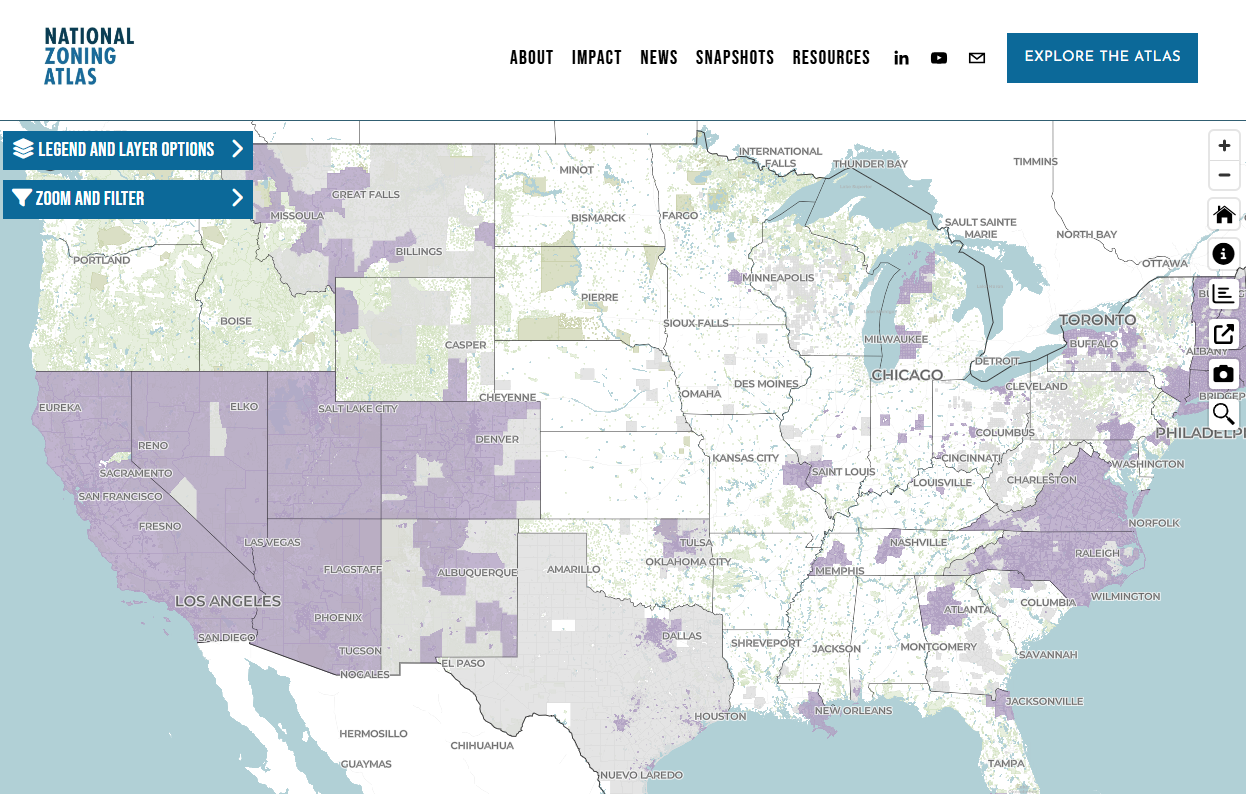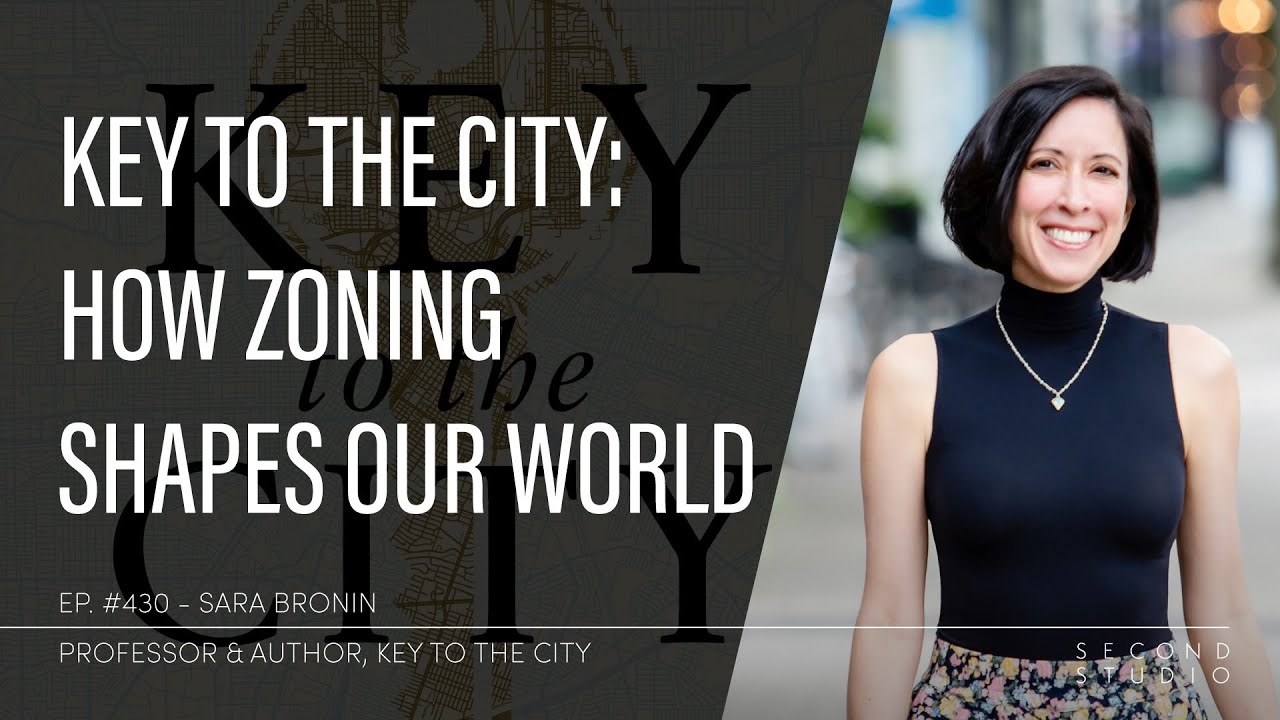

Photo: Joshua Franzos
Sara Bronin
Economy
30th Heinz Awards - 2025
Sara Bronin, J.D., is a Mexican American architect, attorney, professor of law at George Washington University and policymaker whose work spotlights the power of law and policy to foster more equitable, sustainable, well-designed and connected places. The author of “Key to the City: How Zoning Shapes Our World,” she founded and implemented the “National Zoning Atlas” (NZA), which aims to digitize, demystify and democratize information about zoning so that data is understandable and accessible to professionals as well as the broader public.
Often shrouded in complex language, zoning laws determine how and where nearly everything in the U.S. is built. Land use laws have deep and far-reaching impact on communities, influencing and determining the type, size, location, availability and affordability of housing; access to quality schools and education opportunities; economic and neighborhood development; job growth; and transportation patterns.
Ms. Bronin’s work calls out these impacts and the barriers that zoning can create while equipping the public with the information and tools to push for change. Her related project, the "National Preservation Atlas", illuminates information about historic properties and encourages their protection. Ms. Bronin chaired the Advisory Council on Historic Preservation, which adopted policies on climate change and housing, streamlined review processes to facilitate federal rehabilitation projects and advanced federal recognition of Indigenous Knowledge.
NZA data is being used to drive a growing momentum of zoning reform across the U.S. Outcomes include enabling more manufactured housing in Texas, more “missing middle” housing (e.g., duplexes and townhouses) in Montana and more accessory dwellings in Connecticut. NZA data has been used to calculate the scope of reform needed to account for flood risks and losses due to predicted sea level rise and to allow for a managed transition from areas at high-risk for flooding. And it has brought to light the correlation between exclusionary zoning, housing equity and racial segregation.
Note: This profile was written at the time of the awards’ presentation.
Videos

Sara Bronin, revealing how zoning shapes communities, housing and land use

Zoning for Stronger Regions: A Conversation with Sara Bronin | National Association of Regional Councils



